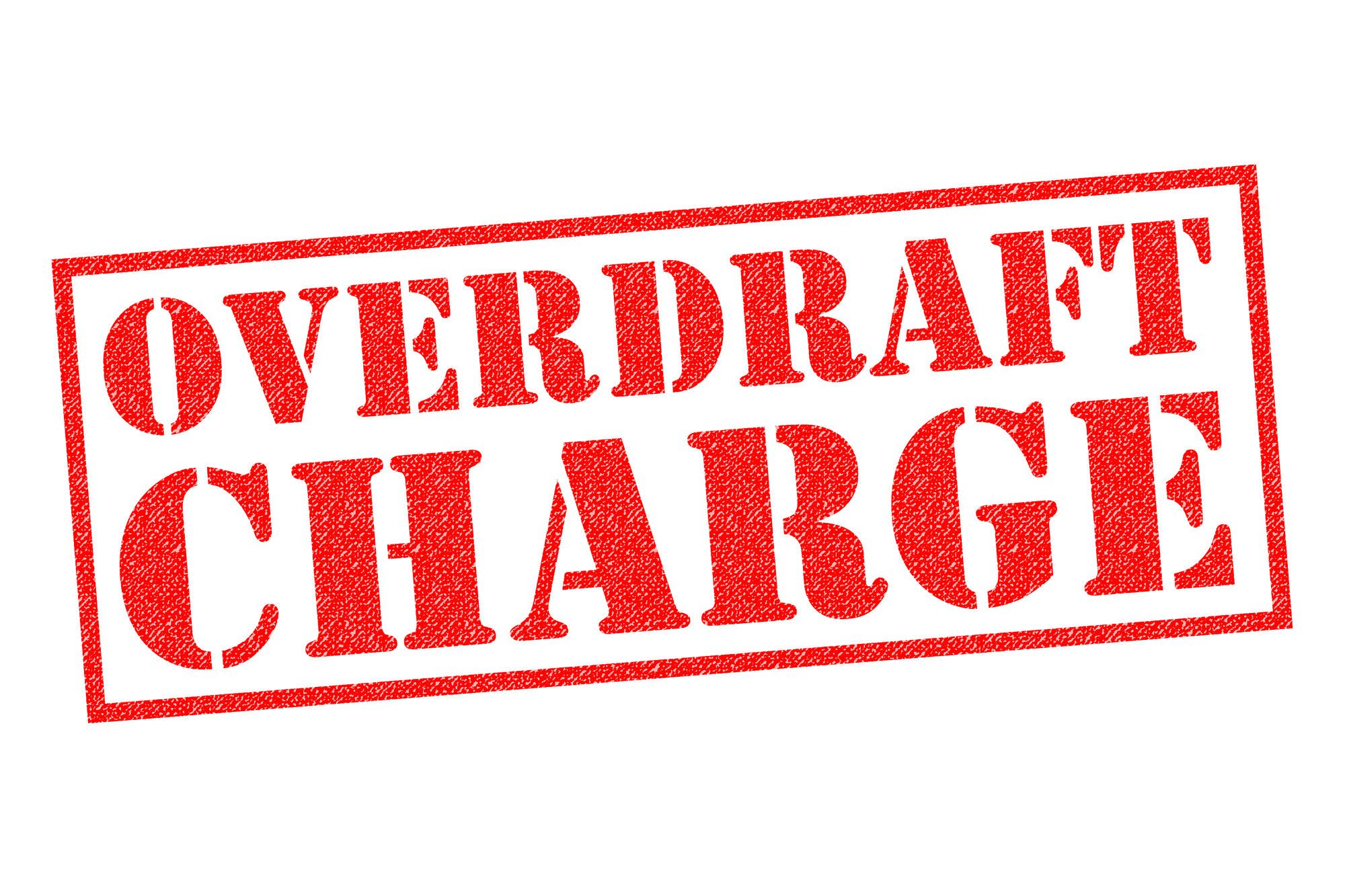Top Class Actions’s website and social media posts use affiliate links. If you make a purchase using such links, we may receive a commission, but it will not result in any additional charges to you. Please review our Affiliate Link Disclosure for more information.
Washington Federal Bank and other banks and credit unions may be unfairly charging overdraft fees, according to attorney investigations.
Washington Federal, which recently transitioned to being called by its longtime nickname WaFd Bank, offers a variety of financial services to consumers from Washington, Arizona, Idaho, Nevada, Oregon, Texas, Utah, and New Mexico. The bank touts itself as “one of the strongest financial institutions in America,” and argues that its “common-sense, disciplined approach” has been the key to its longevity. WaFd opened its doors in 1917.
Unfortunately, Washington Federal may be guilty of improperly charging its customers overdraft fees. On its website, the bank states that it charges $5 per occurrence, up to $15 per day. The financial institution has not been accused of any unfair or deceptive practices, but is one of many institutions being investigated by overdraft lawyers.
Overdraft Fees: Overview
An overdraft occurs when a consumer makes a payment or withdrawal that is larger than the available balance. Credit Karma explains that consumers are generally not allowed to overdraft their accounts unless they have agreed to an overdraft protection service.
These services allow these transactions to proceed by transferring money into the checking account from another account or a line of credit. With each transfer, consumers are typically charged a convenience fee.
Overdraft fee amounts vary between institutions, but typically average about $34. Unfortunately, these fees can quickly add up to high amounts. These large overdraft fees may be made worse by deceptive practices used to maximize the number of charges. Indeed, overdraft fees are a huge source of profit for banks. In 2019 alone, the largest U.S. banks took a collective $11 billion in overdraft fees from consumers, according to the Center for Responsible Lending.
Banks and credit unions have faced allegations of reordering transactions to maximize the number of overdraft protection fees they can charge. Instead of processing a transaction chronologically, as most reasonable consumers expect, some financial institutions process transactions based on dollar amount.
Reordering transactions by dollar amount can result in numerous overdraft charges. For example, if a consumer has $200 in their account, they may expect to be charged only one overdraft fee for chronological transactions of $20, $10, $60, and $150. However, if the transactions are reordered by dollar amount, from highest to lowest, they could be hit with three overdraft protection fees instead. This process maximizes the number of overdraft fees a customer will be charged, with each 
Other unfair overdraft practices include charging overdraft protection fees based on available balance rather than actual balance. Whereas the actual balance is the amount of money in an account, the available balance is based on pending transactions. Although it may make sense to charge fees on the available balance, some banks have been accused of using this system to assess excessive fees.
And unfortunately, excessive overdraft fees disproportionately hurt lower income Americans the most, whose accounts are more likely to be without financial cushion, and for whom recovering from overdraft fees can be difficult. According to Money.com, this issue has led many lower-income Americans to give up using a bank account completely.
Federal regulators are looking at ways to help curb the growing burden of overdraft protection fees, but getting laws or rules drafted and passed could take years. Attorneys are looking for a more expeditious route to help customers, including filing individual or class action lawsuits against institutions believed to take advantage of consumers by charging excessive fees.
against institutions believed to take advantage of consumers by charging excessive fees.
Filing an Overdraft Fee Lawsuit
More and more consumers are coming forward with lawsuits against their banks and credit unions, alleging that their overdraft fee practices are unfair, deceptive, and even predatory.
If you are a customer at Washington Federal Bank or another bank or credit union that may have charged you predatory overdraft fees, you may be able to file a lawsuit and pursue compensation. Filing a lawsuit can help provide compensation for any monetary losses that may have been incurred by these unfair practices, as well as hold financial institutions accountable for their overdraft fee policies.
Filing a lawsuit can be a daunting prospect, so Top Class Actions has laid the groundwork for you by connecting you with an experienced attorney. Consulting an attorney can help you determine if you have a claim, navigate the complexities of litigation, and maximize your potential compensation.
Join a Free Bank Overdraft Fee Class Action Lawsuit Investigation
If you were charged overdraft fees or NSF fees by your bank or credit union that you believe are improper for any reason, the attorneys who work with Top Class Actions are ready to investigate these fees on your behalf. Learn more by filling out the form on this page.
This article is not legal advice. It is presented
for informational purposes only.
ATTORNEY ADVERTISING
Top Class Actions is a Proud Member of the American Bar Association
LEGAL INFORMATION IS NOT LEGAL ADVICE
Top Class Actions Legal Statement
©2008 – 2024 Top Class Actions® LLC
Various Trademarks held by their respective owners
This website is not intended for viewing or usage by European Union citizens.
Get Help – It’s Free
Join a Free Bank Overdraft Fee Class Action Lawsuit Investigation
If your bank and credit union has engaged in deceptive overdraft fee practices, you may have a legal claim. Fill out the form on this page now to find out if you qualify!
An attorney will contact you if you qualify to discuss the details of your potential case.
In order to properly investigate overdraft fee claims, you may be required to disclose bank statements to overdraft fee attorneys. Please note that any such information will be kept private and confidential.













